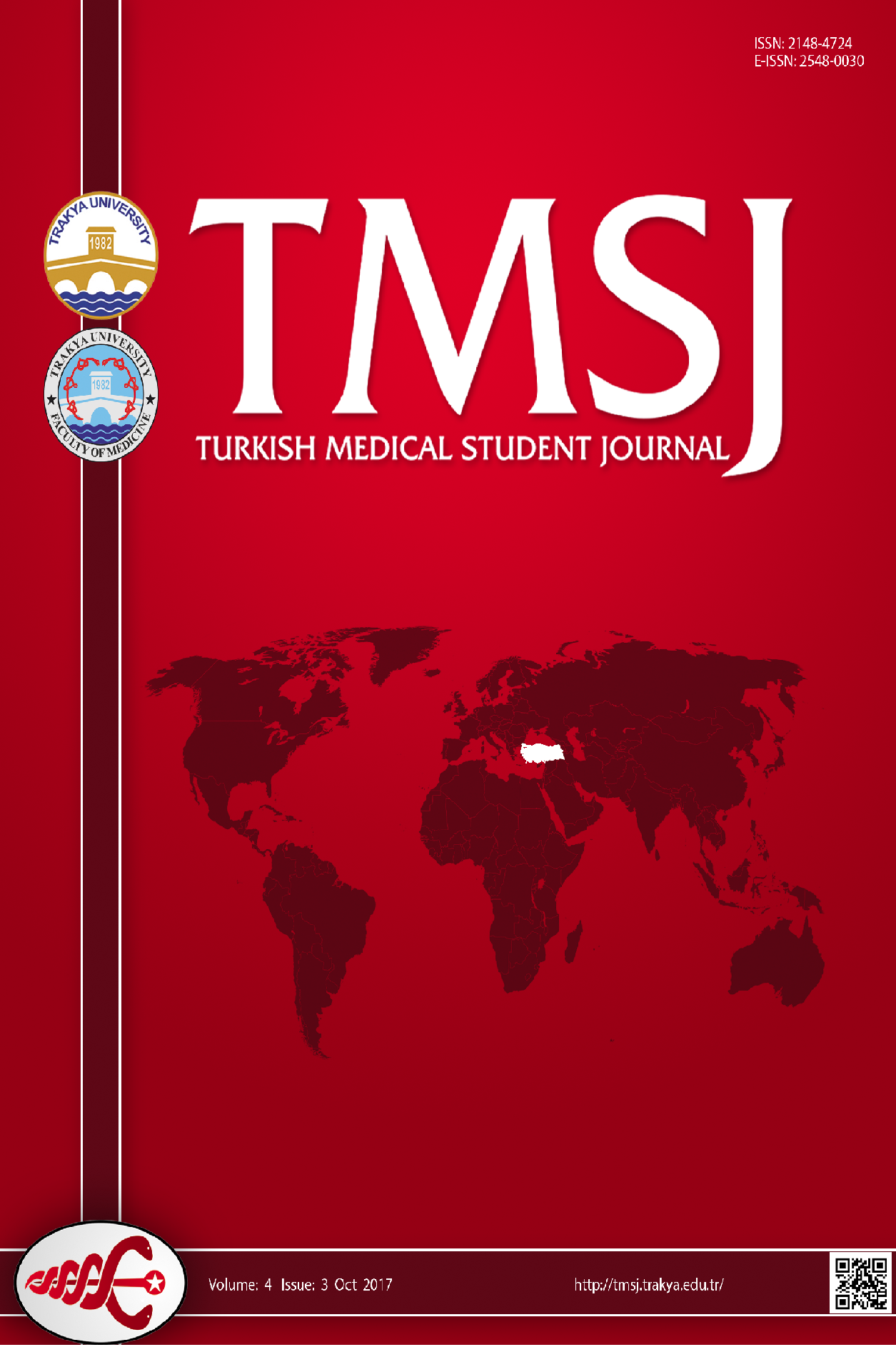
Turkish Medical Student Journal
Yazarlar: Berkin ERSOY, Yaren YAMAK
Konular:Tıp
Anahtar Kelimeler:Iron,Anemia,Heart failure
Özet: Iron has a key role in the energy generation of the cell. Different organs utilize iron for their diverse needs. The heart is an organ that demands high energy. Nearly one-third of stable heart failure patients and half of the hospitalized patients, regardless of their heart failure status, have anemia. The potential cause of anemia in heart failure patients is found to be multifactorial. Iron deficiency anemia is associated with the reduced number of red blood cells, which transport oxygen into the tissues of the human body. Therefore, in iron deficiency, mitochondria produce less energy. Since iron deficiency has a very important role in the prognosis of heart failure, since the beginning of the 2000s, researchers have conducted several studies and trials, investigating the effect of correcting iron deficiency on the clinical and symptomatic outcomes of heart failure. The most recent results of those studies and trials suggest that intravenous iron therapy in heart failure with reduced ejection fraction patients is associated with improved exercise capability, quality of life, and New York Heart Association class. Ongoing trials such as Ferinject Assessment in Patients with Iron Deficiency and Chronic Heart Failure 2 are aimed more into investigating hospitalization and mortality rates of patients on intravenous iron therapy.